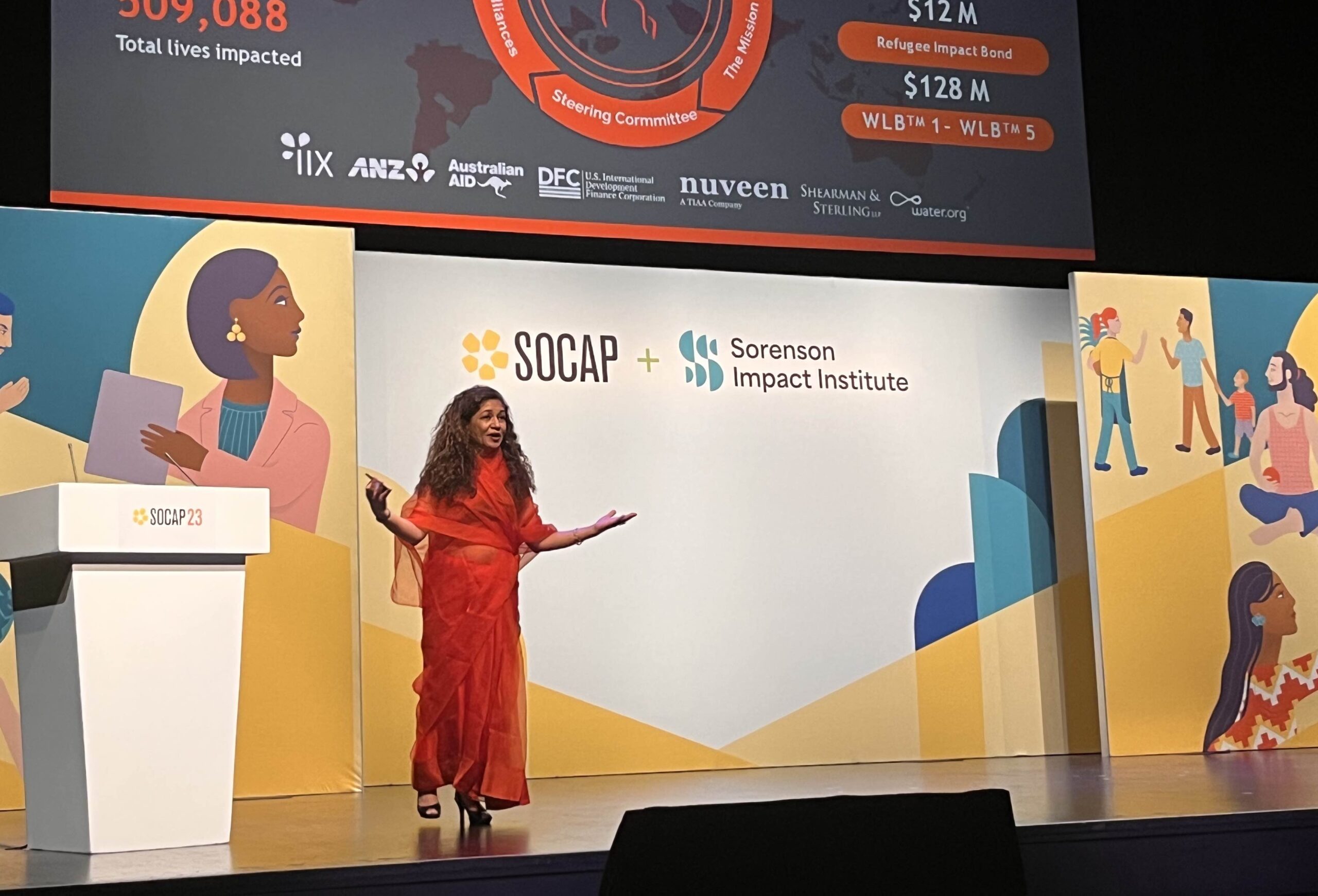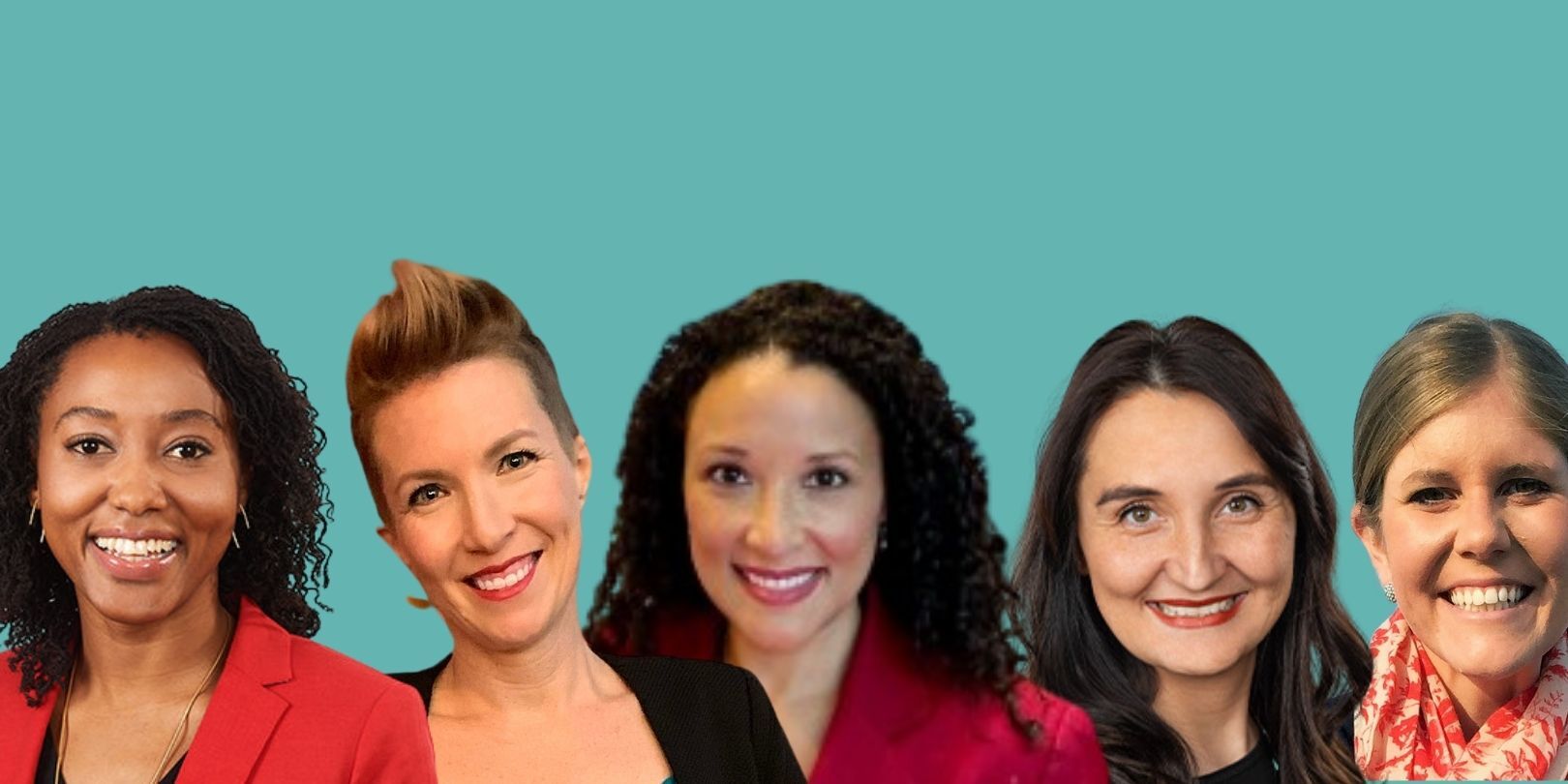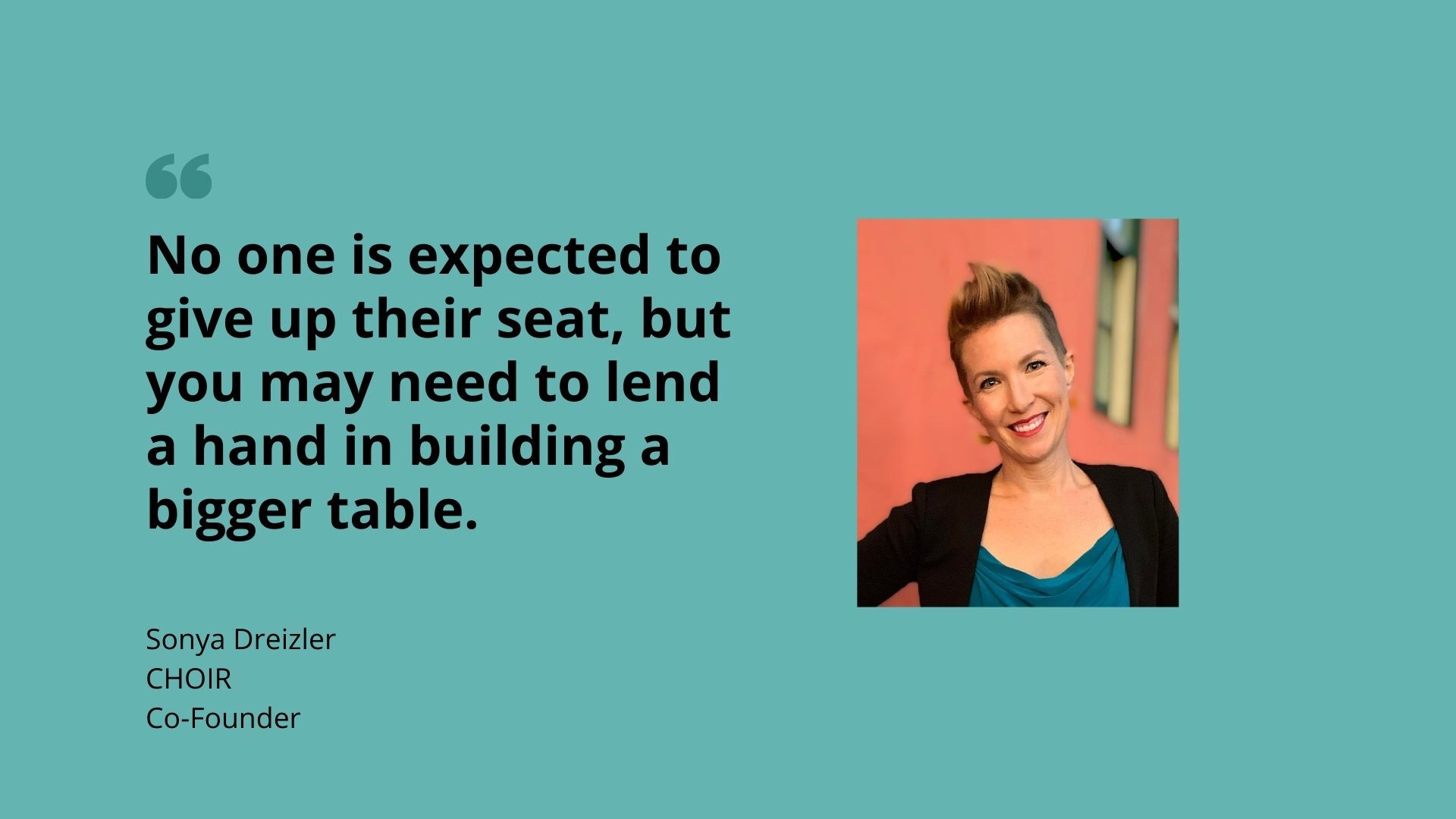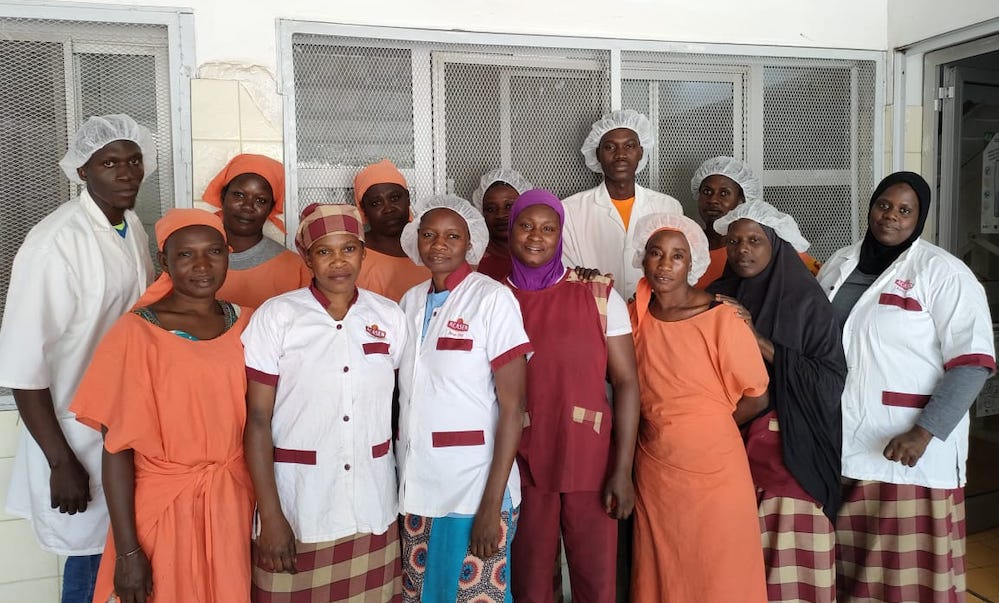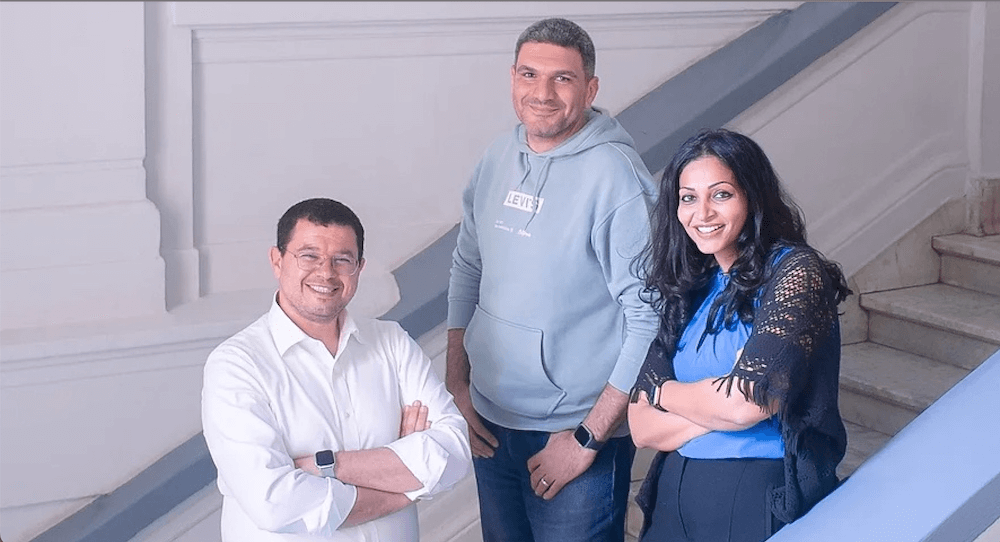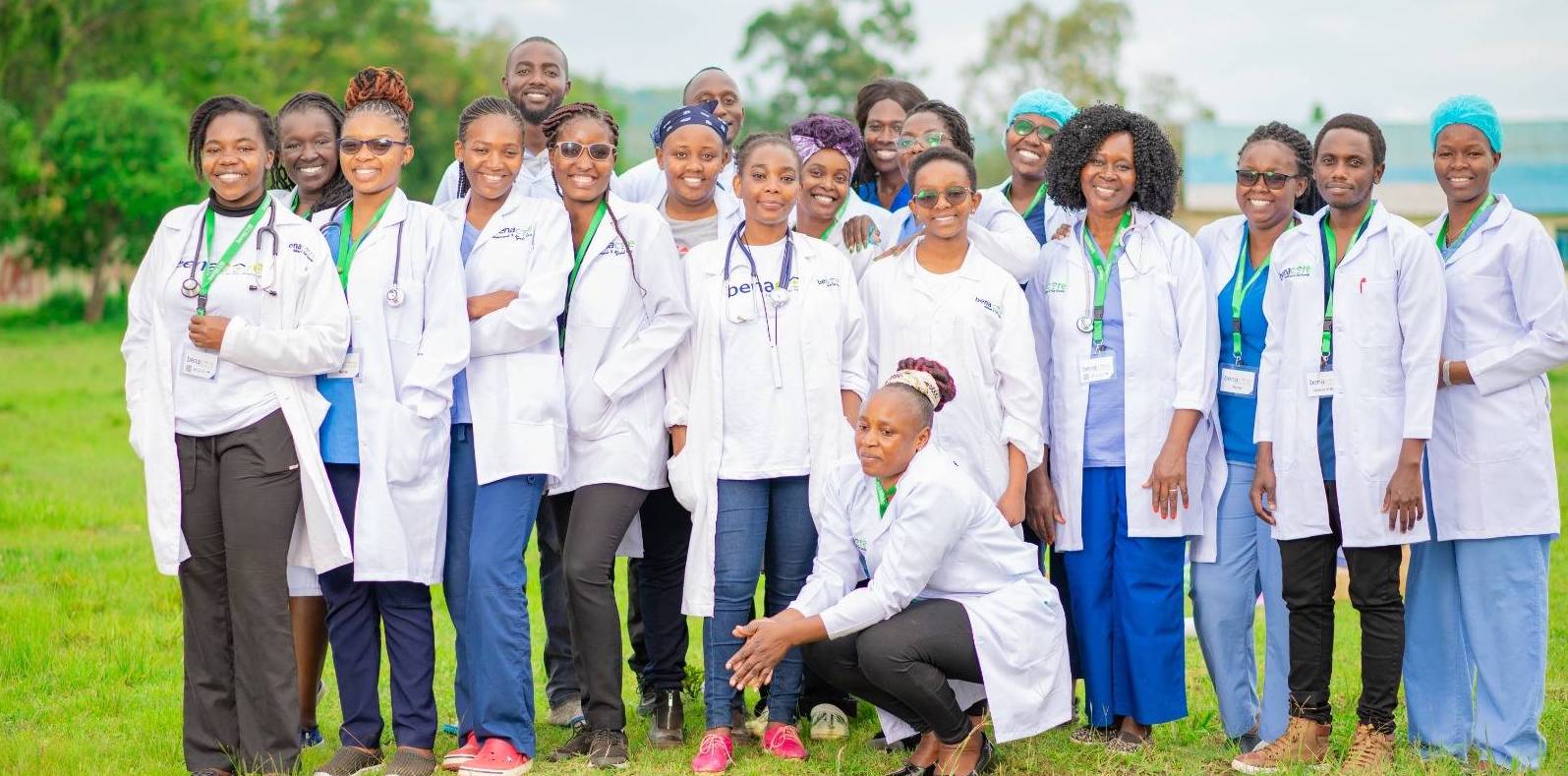Don’t ask permission, ask forgiveness. That adage captured the mood shift among gender lens investors at this week’s SOCAP23 in San Francisco. Investors from the US and Colombia to Ghana and Singapore are done with being asked to provide proof that investments in women outperform or are “just better business.” That case has been made, they argue.
What they’re doing instead: Disrupting boys clubs that give men access to deals. Building the financial acumen of women. And getting on with the business of pooling and investing capital… in women.
Power and proximity
“We have built so much evidence that we don’t need anybody to ask more questions about the performance of women,” said Hamdiya Ismaila of Accra-based Savannah Impact Advisory. Last month, Savannah was named the fund manager of a $75 million fund of funds to unlock local pension fund capital for West African ventures and small businesses.
“We have to change the fundamental system in which we’re operating at this level,” added Jacki Zehner, who founded Utah-based SheMoney to advance women’s financial wellness and agency. “It’s micro and macro. It’s power and proximity.”
Patricia Saenz of Bogatá-based EWA Capital says she has passed the midway point of raising her second gender-lens, early stage venture fund for Colombian entrepreneurs. Said Saenz, ” When women become finance allocators, they are more likely to invest in female entrepreneurs.”
Orange bonds
IIX has mobilized more than $128 million in a series of five “orange bonds” for investments in gender equality and underserved communities around the world – with no losses to date. “That says something,” said IIX’s Durreen Shahnaz in Monday’s opening plenary.
“You are reducing financial risk, and you need women to be front and center.” The impact investing firm is readying its next bond at $100 million, the largest. Shahnaz dubs the instruments “orange” for the color of Sustainable Development Goal No. 5, which promotes gender equality.
Climate + gender
Women are disproportionately affected by climate change and pollution. From plastics pollution to the blue economy, they are also key to solutions. A climate and gender focus is a critical piece of addressing inequities in Southeast Asia, one of the most vulnerable regions to climate change. “We are seeing great opportunities to invest across these issues,” says Priya Thachadi of Villgro Philippines, which runs a gender-smart incubator.
In waste collection and recycling, a largely informal economy, women toil in low-paying jobs. “How do we bring more capital and enable women entrepreneurs in the region to leapfrog?” asks Regula Schegg of Singapore-based Circulate Capital. Thachadi and Schegg, along with Ayaka Matsuno of Sasakawa Peace Foundation, will join ImpactAlpha’sAmy Cortese at 4:30pm PT today to discuss opportunities to invest in women and climate in Asia.
Measure better
Impact measurement and management in gender-lens investing is moving beyond standard metrics collection to capture beneficiary voices, real world outcomes, and other meaningful data to improve the impact and financial performance of investments.
Pro Mujer’s Carmen Correa, Ellie Turner of 60 Decibels, and Marlene Molero Suarez of Elsa join ImpactAlpha’s Dennis Price for “Measuring beyond standard metrics: Evaluating impact in gender lens investing,” also today at 4:30pm PT.

